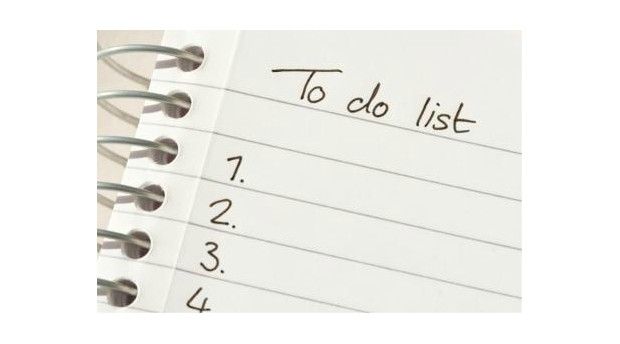How to Get Letters of Recommendation from a Professor
Post Views 427Summary: Obtaining a letter of recommendation from a professor for admission to a graduate program is easy if you follow these steps.
Start collecting letters of recommendation early on in your career. It is easier to get them when you are fresh in someone’s mind instead of having to approach them after a year or more. Here is an ABC of how to get letters of recommendations from professors and employers.
Ask a professor that knows you well:
- Give 1-2 months’ notice. Understand that they are busy and will not be able to write one for you in just a few days.
- Ask politely if they are comfortable giving a strong letter of recommendation. If they have concerns over your candidacy for graduate school admission or a job, address those concerns.
- If they are willing to write a letter for you, write a thank you note.
- If they are not willing, contact the next person on your list. Do not pressure them or get angry that they are unwilling.
- If they do not respond, send a follow-up email. Once again, professors are busy so give them a few days to get to your request before inquiring.
- Never assume that a professor will write a letter for you because you do not know what they have on their plate already.
Prepare an information packet to help your professor easily write a strong letter on your behalf:
- Prove a reminder of how you know the professor, such as what classes you took from them with the semester and year.
- Your current student status with the planned or actual date of graduation.
- A description of your professional goals which can be in the form of a copy of your graduate school application essay, a cover letter or other item that shows your intentions for your career.
- If you are applying for graduate school, provide the admission standards.
- If applying for something other than graduate school, provide the knowledge, skills, and abilities needed for the position.
- Another reminder of who you are, including how you did in their class, copies of your work with grades and comments attached, maybe even a photo to help jog their memory.
- Your overall GPA and major GPA
- Test scores for things like GRE, GMAT, LSAT, and SAT
- Current resume with volunteer and internship experiences.
- List of any papers, presentations or other research experiences you have been involved in.
- List of any clubs, honor societies, or organizations you are a member of.
- A deadline for the letter, of which you will send a reminder a week before it is due.
- Link to PDF fillable form or web links plus advance notice that they will be receiving an email from the institution.
- Or a pre-addressed envelope with postage
Thank your recommender twice:
- One after the faculty member has written the letter
- Another letter when you know the outcome of your application
Ending things on good terms keeps the door open for next time when you need another letter. Taking a little bit of time to make things easier for your recommender will produce better results. These steps can be easily adapted to a manager or other professional that can provide a recommendation for you.
What should you do if you don’t have a professor that you feel comfortable asking for a recommendation? Share your thoughts with us in the comments below.
To learn more about the importance of getting a letter of recommendation, read these articles:
- Humor: What Employee Recommendations Really Mean
- The Importance of Letters of Recommendation to Getting an Offer
- Two Strategies to Get a Job in an Unrelated Field
Photo: commons.wikimedia.org
How to Get Letters of Recommendation from a Professor by Amanda Griffin



 How to Pay for Business School
How to Pay for Business School  20 Career Mistakes to Avoid
20 Career Mistakes to Avoid  5 Signs That You Need a Career Change
5 Signs That You Need a Career Change  7 Things You Need to Know When Switching Jobs
7 Things You Need to Know When Switching Jobs  Career Fitness to Find Your Dream Job
Career Fitness to Find Your Dream Job  Successful Startups Founded by Women
Successful Startups Founded by Women  Make These 5 Other To-Do Lists
Make These 5 Other To-Do Lists  6 Steps to Push You Towards Success and Happiness
6 Steps to Push You Towards Success and Happiness